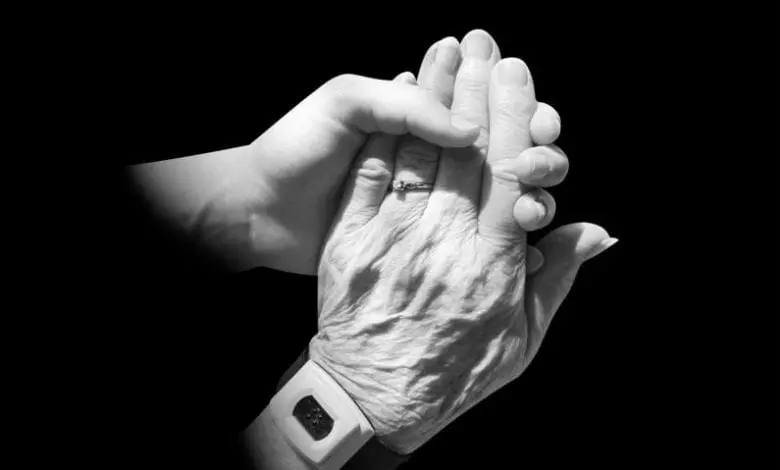NCPC says end of life care inequalities unacceptable

The National Council for Palliative Care (NCPC) has stated that the inequalities in end of life care shown in the CQC’s thematic review are unacceptable and need immediate remedy.

Join over 5,000 funeral professionals with a membership
Get unlimited access and stay in the know. First-year special offer pricing. Cancel any time.
You have read 2/2 free articles this month.

How many members should have access to the subscription?
Monthly
Yearly
Save £9.89
No, thanks
I already have an account

The National Council for Palliative Care (NCPC) has stated that the inequalities in end of life care shown in the CQC’s thematic review are unacceptable and need immediate remedy.
